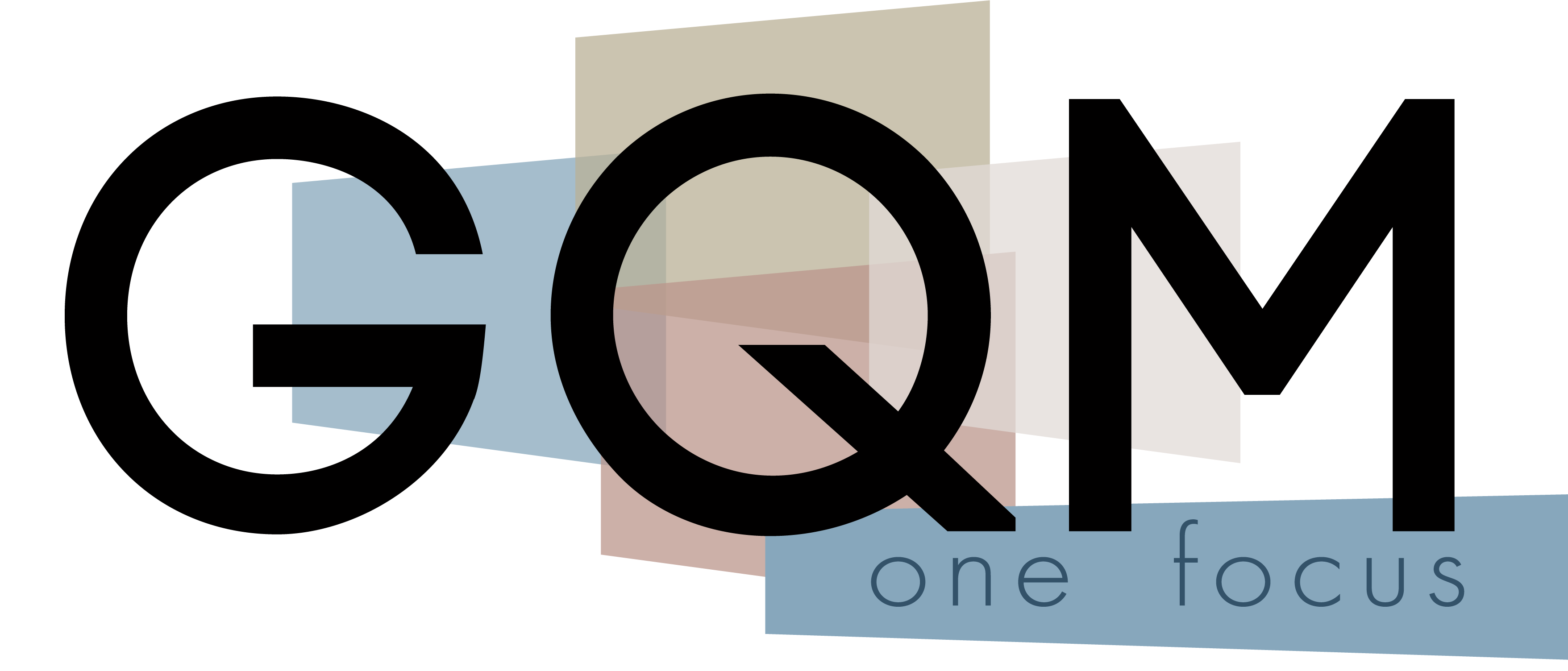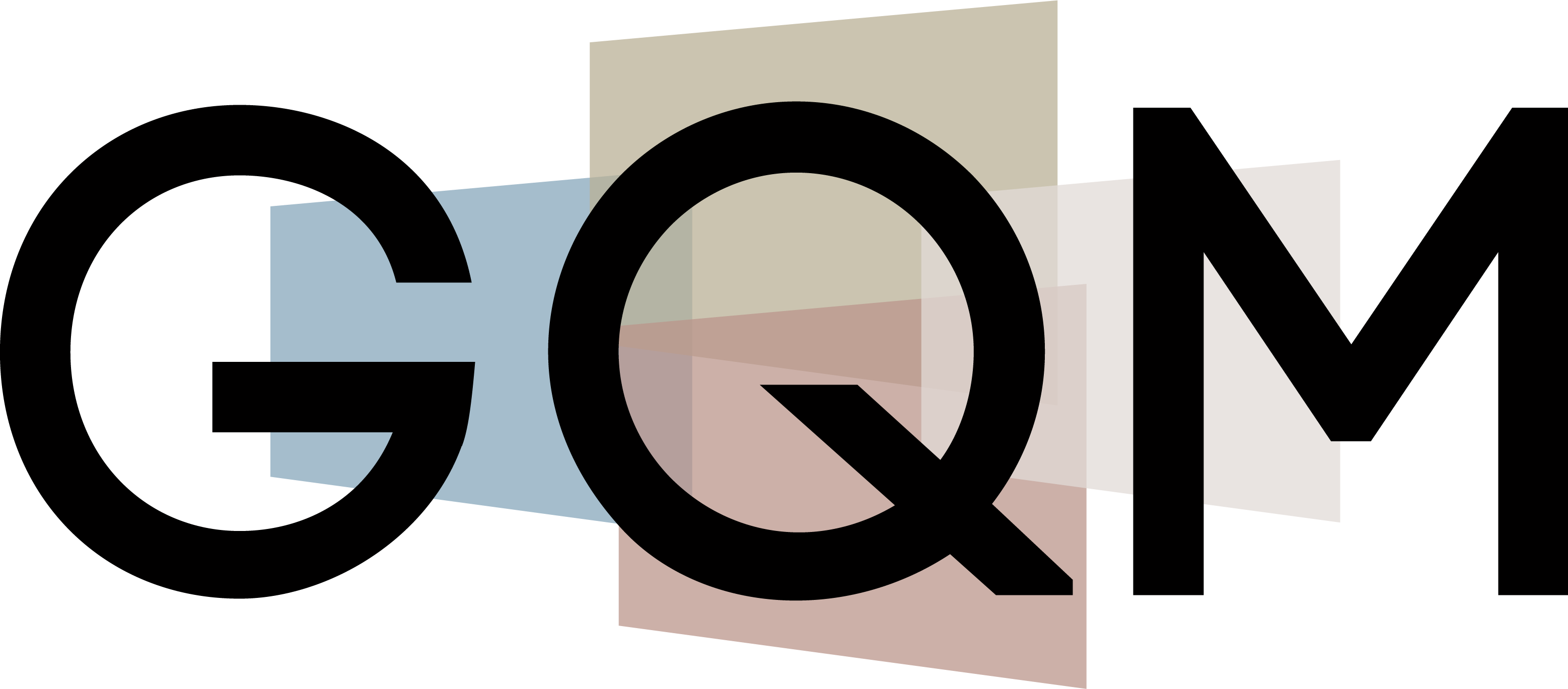SPIRITUAL REALM: Daily Reading Plan #1

1 Kings 22:15-23
Micaiah continued, "Therefore hear the word of the LORD: I saw the LORD sitting on his throne with all the multitudes of heaven standing around him on his right and on his left. And the LORD said, 'Who will entice Ahab into attacking Ramoth Gilead and going to his death there?'
"One suggested this, and another that. Finally, a spirit came forward, stood before the LORD and said, 'I will entice him.'
"'By what means?' the LORD asked.
"'I will go out and be a deceiving spirit in the mouths of all his prophets,' he said.
"'You will succeed in enticing him,' said the LORD. 'Go and do it.'
"So now the LORD has put a deceiving spirit in the mouths of all these prophets of yours. The LORD has decreed disaster for you."
At Jehoshaphat's insistence, Micaiah was summoned, and the messenger sent to bring the prophet pleaded with Micaiah to fit in with the crowd for once: "Look, the other prophets without exception are predicting success for the king. Let your word agree with theirs, and speak favorably," he said (1 Kings 22:13). The honorable Micaiah said in reply, "As surely as the Lord lives, I can tell him only what the Lord tells me" (verse 14).
Standing before the two kings, Micaiah at first mockingly told Ahab what he wanted to hear, forecasting good news of victory over the Arameans. But Ahab, knowing Micaiah's sarcasm, made him swear to tell the truth, and Micaiah told the wicked king what God really had to say. The prophet's report was devastating: "I saw all Israel scattered on the hills like sheep without a shepherd, and the LORD said, 'These people have no master. Let each one go home in peace'" (1 Kings 22:17).
Micaiah went on to tell King Ahab that a deceiving spirit had misled the other prophets to predict victory so that Ahab would die in the battle. So angry was Zedekiah, the leader of the royal prophets, that he struck Micaiah on the cheek and publicly mocked his prophecy. In response, Micaiah prophesied Zedekiah's eventual destruction (2 Chronicles 18:24). King Ahab had Micaiah put in prison until he returned from battle. As he was being led away, Micaiah issued a final, urgent warning: "If you ever return safely, the Lord has not spoken through me. . . . Mark my words, all you people!" (1 Kings 22:28). The kings did not believe him, but Micaiah had spoken the truth of God. King Ahab was killed in the fighting, just as Micaiah had predicted.
Nothing more is said of the prophet Micaiah in the Bible. His courage in the face of intense political and professional pressure stands as a model for us. His truth-telling led to persecution, but his words came to pass, being as they were a message from God. Micaiah, a man of integrity, is surely one of the prophets spoken of in the Bible's "Hall of Faith": "Some faced jeers and flogging, and even chains and imprisonment. . . . They went about in sheepskins and goatskins, destitute, persecuted and mistreated—the world was not worthy of them" (Hebrews 11:36–38).
Reflection Questions
- What do these verses say about the spiritual realm?
- What does recognizing the spiritual realm that these verses reveal call me to do as a result of taking them to heart?




